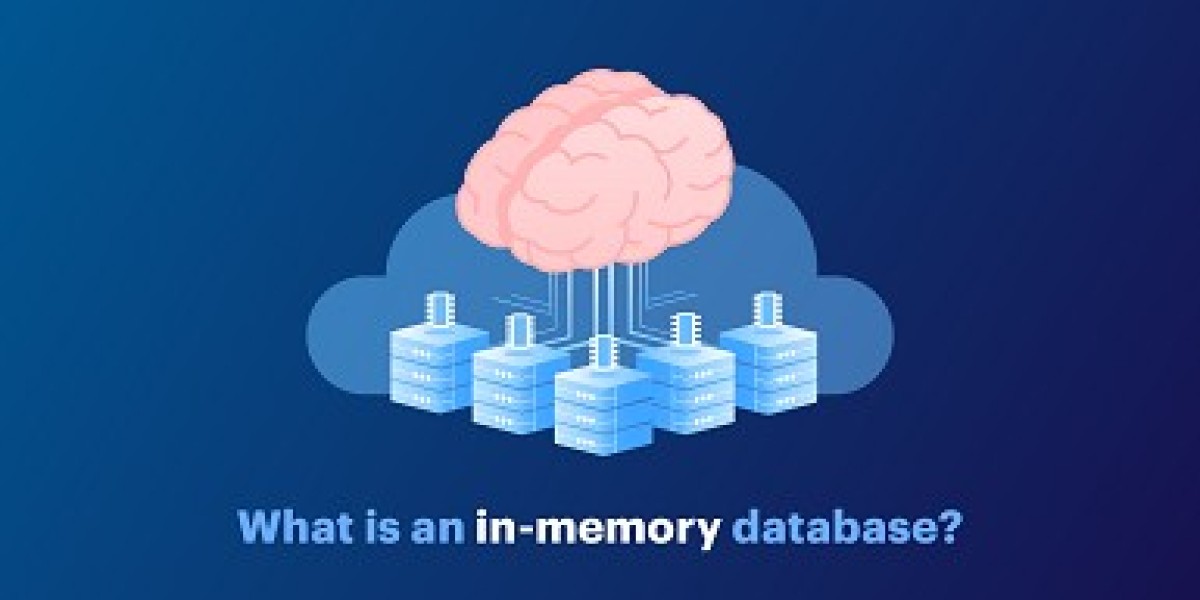What Is an Essay?
An write my essay https://www.resellerratings.com/store/WriteMyEssay is a carefully composed piece of writing that presents an argument, reflects personal experiences, or explores a topic in depth. Originating from the French word essayer—meaning "to try"—the essay embodies a writer’s attempt to communicate thoughts, share insights, or persuade readers.
Essays are everywhere:
- In academic assessments where students analyze themes or defend viewpoints.
- In journalism, where opinion pieces shape public discourse.
- In personal blogs that share reflections or tell compelling stories.
Whether analytical, descriptive, or persuasive, essays are vehicles of thoughtful expression meant to inform, challenge, and connect.
?️ The Anatomy of a Well-Written Essay
A solid essay follows a predictable structure that helps guide the reader through the writer's ideas:
Introduction
This is the attention-grabbing doorway to your essay. It should:
- Present the topic.
- Pose a question or provoke curiosity.
- End with a thesis statement—a clear summary of the essay's main argument or purpose.
Thesis Statement
The thesis is the backbone of any essay. It outlines the essay’s direction, giving readers a preview of the points to come.
Body Paragraphs
Typically, essays have three to five body paragraphs. Each should focus on a single idea that supports the thesis and include:
- A topic sentence.
- Supporting details, examples, or evidence.
- Transition sentences for smooth progression.
Conclusion
The final paragraph wraps it all up. A strong conclusion:
- Restates the thesis with fresh insight.
- Summarizes key points.
- Leaves the reader with a lasting thought, question, or call to action.
By following this structure, writers stay organized, and readers remain engaged.
? Types of Essays and Their Unique Purposes
There are many essay styles, each suited to different goals and audiences:
Narrative Essay
Tells a story from personal experience. It’s emotional, vivid, and typically written in the first person.
Example: A student writes about overcoming stage fright before a big performance.
Descriptive Essay
Paints a picture using sensory details. It evokes feelings by describing places, people, or events.
Example: A traveler writes about witnessing the Northern Lights in Iceland.
Expository Essay
Explains a topic with facts, examples, and analysis. It’s clear, logical, and objective.
Example: An essay explaining how photosynthesis works in plants.
Persuasive Essay
Argues for a point of view, often using logic and emotional appeals to convince the reader.
Example: A writer argues why schools should offer mindfulness training.
Analytical Essay
Breaks down and interprets information—often used in literature, film, or scientific analysis.
Example: An essay examining symbolism in George Orwell’s 1984.
Each type has its own structure and tone, but all seek to clarify ideas and engage readers.
?️ The Essay Writing Process: From Thought to Text
Writing an essay isn’t a one-and-done activity—it’s a process that evolves over time. Here's how:
Step 1: Brainstorming and Research
Choose a topic and explore it:
- List ideas.
- Ask questions.
- Gather credible sources (books, articles, interviews).
Step 2: Outlining
Create a roadmap:
- Define your thesis.
- List key supporting points.
- Structure the essay’s flow—intro, body, conclusion.
Step 3: Drafting
Begin writing without worrying about perfection:
- Use your outline as a guide.
- Don’t edit while you write—let ideas flow.
Step 4: Revising
Review your work:
- Strengthen arguments.
- Improve transitions.
- Ensure coherence and logical flow.
Step 5: Editing and Proofreading
Refine your text:
- Check grammar, punctuation, and word choice.
- Read aloud to catch awkward phrasing.
- Use tools like grammar checkers for support.
Even seasoned writers benefit from multiple drafts. Patience and revision are key to producing polished essays.
? Why Essays Still Matter Today
In a world dominated by short-form content, essays remain essential for deeper exploration and understanding. Here's why they continue to thrive:
- Critical Thinking: Essays teach you to assess evidence, make connections, and build arguments.
- Communication Skills: Strong essays translate into clearer emails, reports, and conversations.
- Creativity and Reflection: Personal essays encourage self-expression and emotional depth.
- Influence and Advocacy: Opinion essays can shape public thought and foster change.
From college applications to professional articles, essay-writing is a lifelong skill with endless applications.








